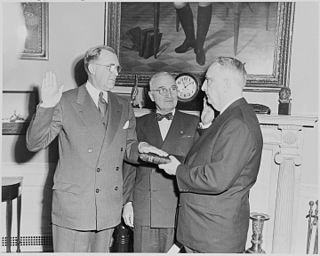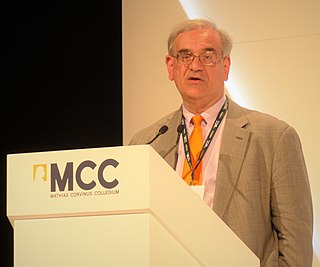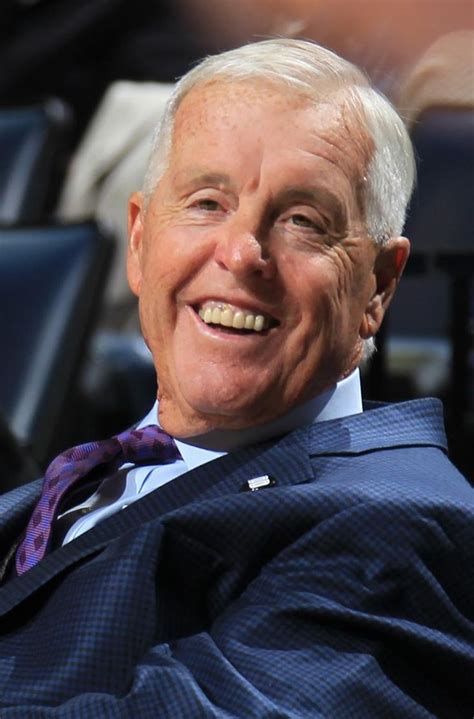A Quote by Alan Briskin
Our characterization of collective folly is that sound judgment is not feasible when there is forced or false agreement in groups. We also show how group polarization sets the stage for risky and even dangerous decisions to be made. How we navigate between false agreement and polarization is the kind of mastery that collective wisdom represents.
Related Quotes
It's not uncommon for revolutions to stem from a radicalized group just outside the circle of power. That's what the French Revolution was all about; that's what the American Revolution was. The question is: Will all those groups, because of the nature of partisan polarization and ideological polarization, just fight each other? Or is there capacity to organize?
An election is a collective call to wisdom and a collective call to action. It represents a renewal and a recommitment to the goals and hopes of a shared and egalitarian society. It represents the diverse and yet singular urges of the people and the Republic of India. This makes the very act of voting a sacred act.
Ultimately, the challenges of the 21st century can't be met without collective action. Agreement will almost never be easy, and results won't always come quickly. But I am committed to respecting different points of view, and to forging a consensus instead of dictating our terms... That's how we will advance and uphold our ideals.


































